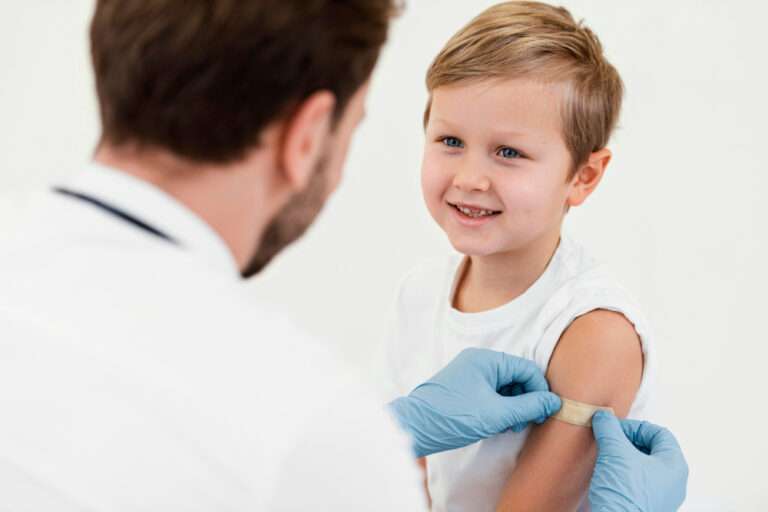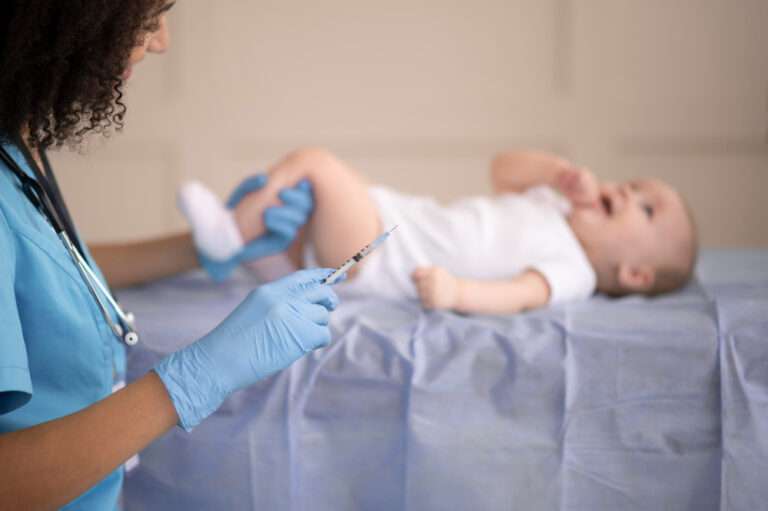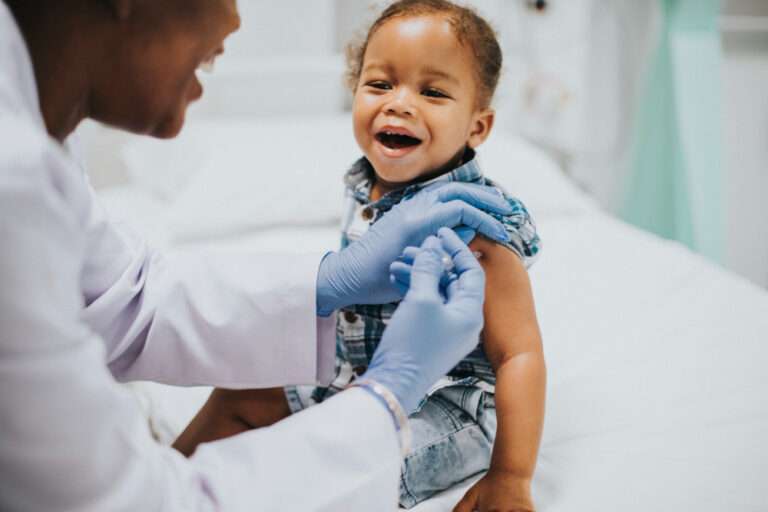RSV immunization breakthrough
The development of vaccines against Respiratory Syncytial Virus (RSV) represents a significant advancement in pediatric healthcare. RSV is a common respiratory virus that causes mild, cold-like symptoms in adults and older children but can be severe in infants and elderly individuals. It’s a leading cause of bronchiolitis and pneumonia in children under one year of age. Despite its prevalence and impact, no vaccine had been available for RSV, making recent breakthroughs in RSV vaccine development particularly noteworthy.
The urgency for an RSV vaccine has been driven by the substantial global burden of the disease. RSV is estimated to cause nearly 30 million new respiratory infections annually in children under five, leading to significant numbers of hospitalizations and, in some cases, death. The economic and social burden of RSV is also considerable, with substantial costs associated with medical care and parental work loss.
The challenges in developing an RSV vaccine have been numerous. RSV is most dangerous in very young infants, a population in which it is particularly challenging to develop effective and safe vaccines. The virus has a high mutation rate, which complicates the targeting of stable antigens, and the immune response to natural RSV infection does not provide long-lasting immunity, suggesting that developing a vaccine that provides durable protection could be difficult.
Recent breakthroughs in RSV vaccine development have focused on several strategies. One approach is passive immunization, which involves giving monoclonal antibodies to infants at high risk of severe RSV disease. This method provides immediate but temporary protection against the virus. Another strategy is maternal immunization, where pregnant women are vaccinated to boost antibody levels that can be passed to the fetus, thereby providing protection to the infant in the first few months of life when they are most vulnerable.
Active immunization strategies are also being pursued, including traditional inactivated vaccines, protein subunit vaccines, live-attenuated vaccines, and mRNA vaccines. These vaccines aim to stimulate the immune system to produce its own protective response against RSV.
In terms of efficacy, early results from clinical trials have been promising. Some candidate vaccines have demonstrated the ability to reduce the rate of severe RSV infections and hospitalizations in clinical trial populations. However, the long-term efficacy and the duration of protection provided by these vaccines remain to be fully established.
Regarding safety, the RSV vaccines under development have generally been well-tolerated in clinical trials. The most common side effects reported have been mild and include reactions at the injection site, mild fever, and fatigue. It’s important to note that the safety profile of these vaccines continues to be monitored as larger populations are vaccinated in ongoing and future studies.
Despite these advances, there are still challenges and considerations in the development and deployment of RSV vaccines. One issue is the need for early immunization, as infants are at the highest risk of severe RSV disease in the first few months of life. This requirement poses challenges for vaccine formulation and administration. Additionally, there’s the matter of ensuring global access to these vaccines, particularly in low- and middle-income countries where the burden of RSV is highest.
In summary, the development of RSV vaccines is a critical step forward in preventing a major cause of respiratory illness in infants and young children. While challenges remain in terms of ensuring long-term efficacy, safety, and global access, the potential benefits of these vaccines in reducing the burden of RSV are substantial. Continued research and development in this area are essential to fully realize the promise of these vaccines and to provide much-needed protection against this common and sometimes severe respiratory virus.
------------From our Sponsors------------









